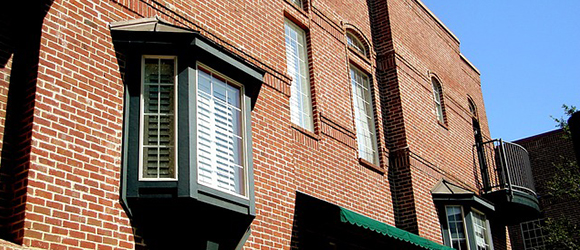If you live in a condo or an apartment, there’s a high chance that your building has a homeowners association. It is this association’s job to manage the building’s daily affairs, plan for the future, and seek to always act in the best interest of all the owners collectively.
To function properly, the homeowners association needs a governing body, and that is where the HOA board of directors comes into play. The HOA board is comprised of owners who have campaigned and been elected by the other owners to serve on the board and manage its day-to-day operations.
According to the Illinois Condo Act, the board’s main duties include (but are not limited to):
- Provide for the operation, maintenance, and upkeep of all the common elements of the building
- Prepare, adopt, and distribute the building’s annual budget
- Levy assessments, collect them from unit owners, and expend them as necessary
- Adopt and amend rules and regulations that promote the interest of the building as a whole and unit owners
- Obtain a master insurance policy that covers all the common areas of the building
- Keep detailed records of all the association’s activities
- Employ other persons or businesses, as needed, for the day-to-day operations of the building
- Elect officers, such as an association President, Secretary, Treasurer, and others, to serve the needs of the association
But, as you probably know if you’ve lived in more than one building, every building has unique needs. More so than anything else, it is the board’s responsibility to know and address these unique needs in the best interest of all the other owners. That’s why condo boards are usually made up of unit owners and not external persons. Although not technically required, by living in the building, the board members are likely to be attuned to all the issues other owners are dealing with, and to be able to address them appropriately.



